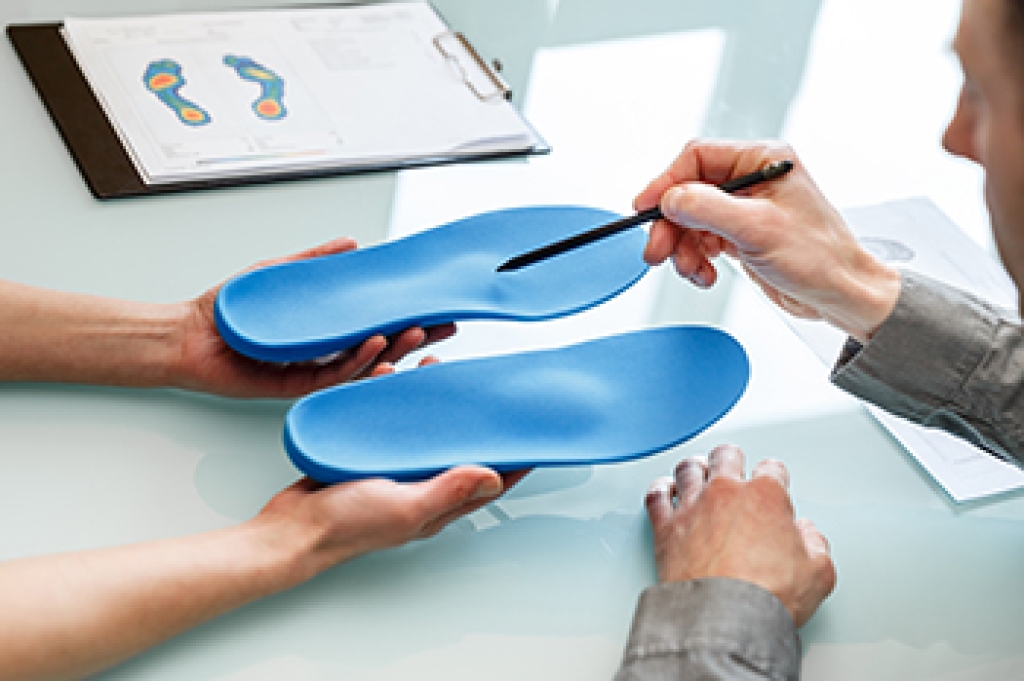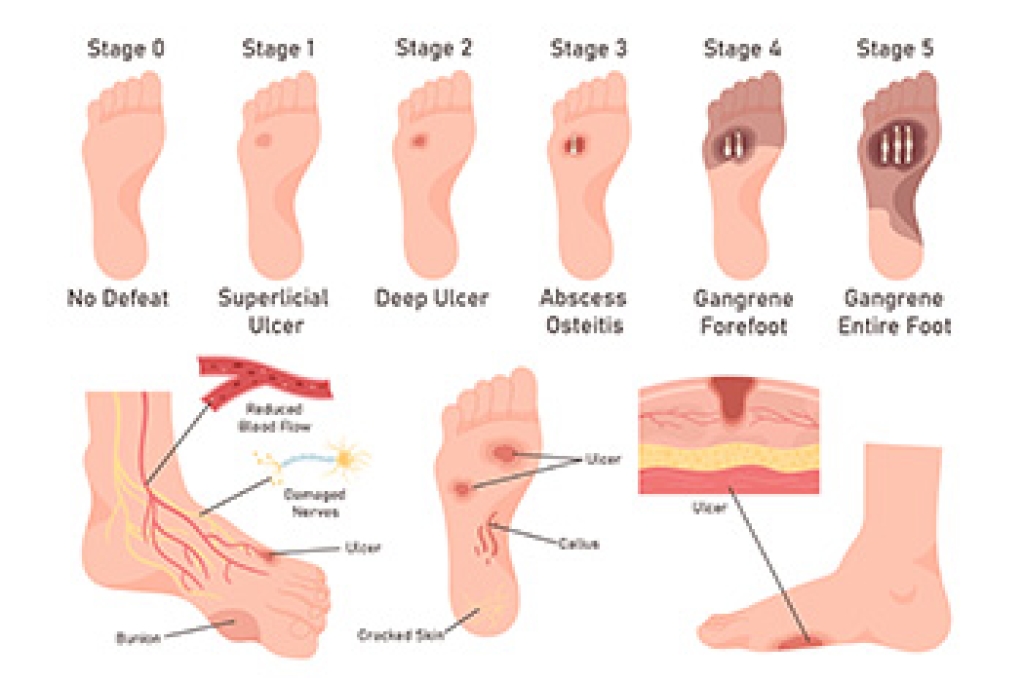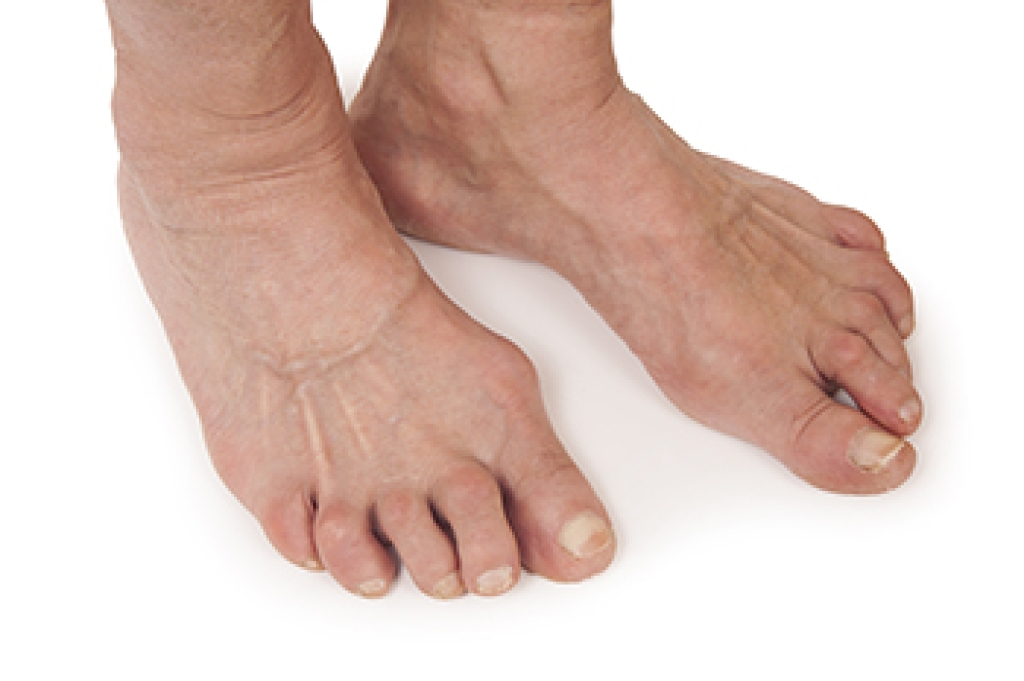
Cycling places unique demands on the feet and ankles, and proper support can make a significant difference in performance and injury prevention. Arch support insoles with a forefoot wedge that raises or tilts the front part of the foot for targeted pressure adjustment, help improve alignment, optimize power transfer, and reduce strain during long rides. Without proper support, cyclists may experience foot pain, ankle instability, or overuse injuries such as tendonitis and stress fractures. Risk factors include improper shoe fit, flat feet, and repetitive pedaling motions. A podiatrist can evaluate biomechanics, recommend custom insoles, and treat cycling-related injuries to keep riders strong and efficient. If you have foot pain from cycling, it is suggested that you consult a podiatrist who can treat various foot conditions, and guide you on correct insoles to wear for an enhanced cycling performance.
If you are having discomfort in your feet and would like to try orthotics, contact one of our podiatrists from Advanced Foot Specialists. Our doctors can provide the care you need to keep you pain-free and on your feet.
What Are Orthotics?
Orthotics are inserts you can place into your shoes to help with a variety of foot problems such as flat feet or foot pain. Orthotics provide relief and comfort for minor foot and heel pain but can’t correct serious biomechanical problems in your feet.
Over-the-Counter Inserts
Orthotics come in a wide variety of over-the-counter inserts that are used to treat foot pain, heel pain, and minor problems. For example, arch supports can be inserted into your shoes to help correct overarched or flat feet, while gel insoles are often used because they provide comfort and relief from foot and heel pain by alleviating pressure.
Prescription Orthotics
If over-the-counter inserts don’t work for you or if you have a more severe foot concern, it is possible to have your podiatrist prescribe custom orthotics. These high-quality inserts are designed to treat problems such as abnormal motion, plantar fasciitis, and severe forms of heel pain. They can even be used to help patients suffering from diabetes by treating foot ulcers and painful calluses and are usually molded to your feet individually, which allows them to provide full support and comfort.
If you are experiencing minor to severe foot or heel pain, it’s recommended to speak with your podiatrist about the possibilities of using orthotics. A podiatrist can determine which type of orthotic is right for you and allow you to take the first steps towards being pain-free.
If you have any questions, please feel free to contact our offices located in Rockwall, Greenville, Dallas, Sachse, and Lewisville, TX . We offer the newest diagnostic and treatment technologies for all your foot care needs.




